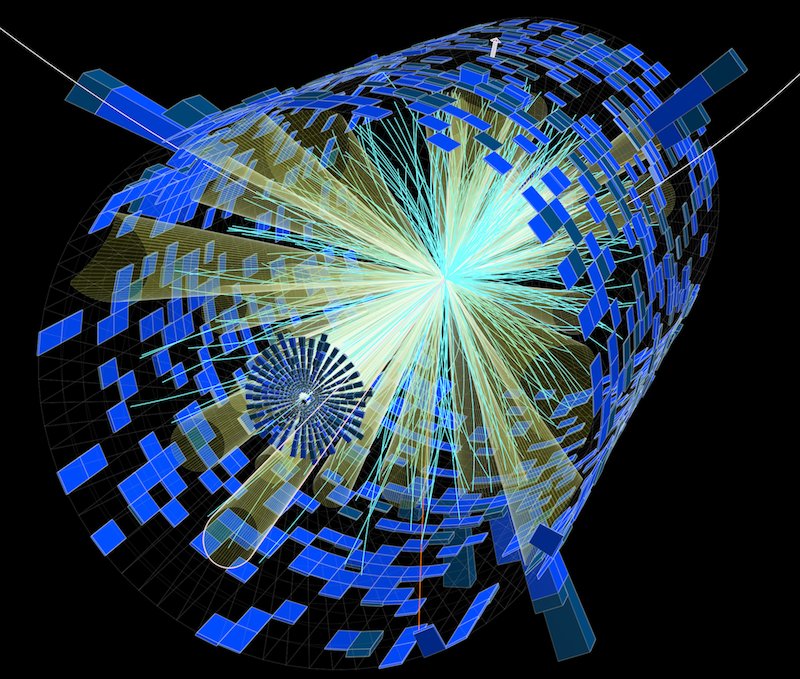
IRIS-HEP Fellows Program on Research Software for Students
The Institute for Research and Innovation in Software for High Energy Physics (IRIS-HEP) is now accepting proposals for IRIS-HEP Fellows for the 2020-2021 academic year (fall, winter, spring).
People are the key to successful software. IRIS-HEP aims to promote the development of advanced research software skills by providing opportunities for undergraduate and graduate students to connect with mentors within the larger High Energy Physics (HEP) and Computational/Data Science community. At the same time, we aim to promote software as a collaborative activity and encourage collaborations which engage individuals in ways that maximize their potential and their potential impact on the community.
To accomplish these goals, IRIS-HEP has created a Fellow program. IRIS-HEP Fellows will spend some number of months working closely with a mentor on an R&D topic relevant to the Institute. Possible software R&D areas include:
- Analysis Systems
- Innovative Algorithms
- Data Organization, Management and Access
- Scalable Systems
- Tools and Material to support Training activities
- Service containerization, DevOps, security, service monitoring, and accounting
- Network monitoring and analytics
Duration of fellowship and total stipend: An IRIS-HEP fellowship will pay up to 3 FTE-months (full time equivalent) at $2000/month. As full-time research software activities are not consistent with taking classes during the academic year (as opposed to summer), most fellows will work a smaller time fraction over a larger number of calendar months. (For example, half-time for 6 months.) Applicants should include a proposed time profile for their activities in their proposal, as well as note their academic course load and/or any other activities taking significant time.
Due to COVID-19 restrictions, no travel or subsistence payments can currently be paid to support co-location of either Undergraduate or Graduate Fellows with mentors. Fellows will in general work remotely at a distance with their mentors unless they happen to be at the same institution.
Please see the IRIS-HEP Fellows webpage (https://iris-hep.org/fellows.html) for more complete information on the program as well on possible projects and how to apply. Advanced knowledge of computer science is not required, but a strong working knowledge of Python would be useful. A strong interest in Physics is useful. Questions about any aspect of the program (including possible projects, finding mentors, etc.) should be sent to fellows@iris-hep.org. Dr. Ken Bloom (kenbloom@unl.edu), Professor of Physics and Astronomy, is a member of the Institute, and he would be willing to help connect students to mentors.
An online story summarizing the experience of the IRIS-HEP Fellows from summer, 2020, can be found here: https://iris-hep.org/2020/09/17/fellows.html.
Applications from women and members of underrepresented groups in STEM activities are particularly encouraged to apply.
IRIS-HEP Fellow positions will be awarded in a rolling fashion based on submitted project proposals. All proposals submitted before Friday, November 6, 2020 will receive full consideration.